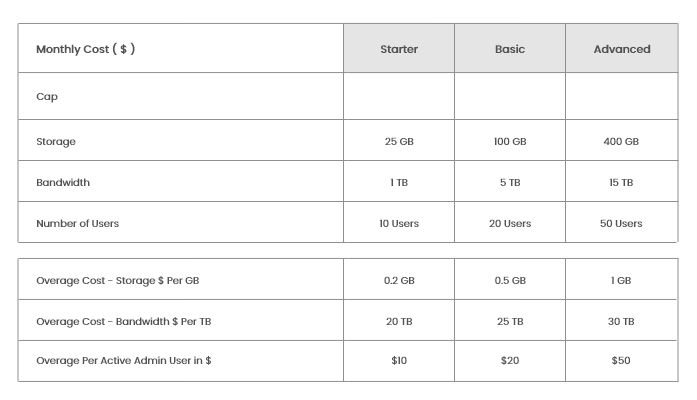



Title Tags Are Replaced With Site Names By Google For Homepage Results
In mobile search results for a complete website, such as the main page, Google is now merely displaying the site name...
In mobile search results for the complete website, such as in queries for a website's name, which typically display the main page, Google appears to have ceased displaying title tags.
For subdomains, this feature is not functional. In smartphone searches, only a website's generic name is displayed. The title tags appear to still be displayed for keyword searches that are not branded. Searches using a brand name and related keywords also seem to display the title tags.
Why Use Site Names in Google Searches?
Google uses site names to help users quickly identify a particular website in the search results.
According to Google's official announcement:
In order to make it simpler to recognize the website that is linked to each result, Search has included site names on mobile search results today.
The following several months will see the introduction of this new feature in additional languages in addition to English, French, Japanese, and German.
Hocalwire lets you specify a special URL for each tale and serves the narrative by identifying the device that made the initial request. We can offer different pages and views from the same domain if necessary thanks to robust front-end architecture.
New Feature Isn't Always Effective
The same search results that included the new site names as the title link are returned when searching for a compound word domain name like "Live website" and "livewebsite".
Stories are directly listed for indexing for the Google Discover Feature in the Hocalwire CMS editor's indexing features. The same is enabled by default for all tales, and the settings may be frequently repeated.
Featured Structured Data for New Site Names
The use of the Website structured data type is advised by Google.
Prior to today, it was thought that the WebSite structured data site had no purpose because Google already knew that a website was a website and didn't require structured data to know that it was indexing a website.
The "name" field of the WebSite structured data type, in particular, is now used by Google to determine what the site name of a website is, hence this has changed.
What Happens If a Site Has a Different Name?
The ability to inform Google about the website's alternative name is what makes the Website structured data useful.
How to accomplish it is provided by Google:
"You can use the alternateName parameter to specify a different spelling of your site's name, such as an abbreviation or a shorter proper name. This is not mandatory."
More Than Structured Data, Google Uses
According to the Google guidelines on site names, in addition to structured data, Google also considers on-page, off-page, and meta data information when determining what a web page's site name is.
Google interprets the site name using the following:
- WebSite structured data
- Title tag
- Headings (H1, H2, etc.)
- Open Graph Protocol metadata, specifically the og:site_name
Hocalwire produces reports that help with planning for advertising and sales initiatives. To improve SEO rankings and direct organic traffic, Hocalwire CMS features SEO Keywords, Meta Data, ALT Text, and Sitemap structures built in.
Names of Google Sites
On mobile devices, the new Google search tool that displays site names is appealing.
Less clutter in the SERPs for home page brand name searches makes sense. Although I can imagine some people grumbling about the title tag's lack of impact in these searches.
To keep up with the Google Update cycle for its search engine, Hocalwire CMS features a carefully curated collection of settings that are automatically updated. We provide mobile SEO implementation as part of our standard packages as a service to our clients. To learn how Hocalwire may assist in transforming your current codebase into a beautiful mobile experience, Schedule a Demo right away.

